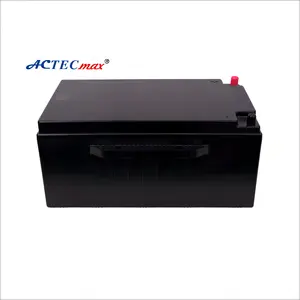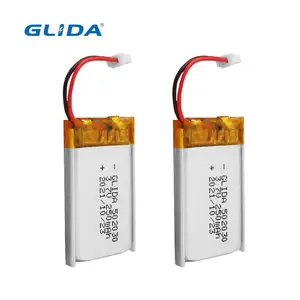Understanding Cylindrical Lithium Ion Batteries
The landscape of power storage is evolving, with cylindrical lithium ion batteries at the forefront of this transformation. These batteries are a cornerstone in the realm of energy solutions, offering a blend of longevity and performance. This category encompasses a variety of models, each tailored to meet specific requirements and specifications set forth by manufacturers.
Types and Applications
Cylindrical cells come in various sizes, such as the 18650, 21700, and 26650 formats, each number denoting the dimensions of the battery. These batteries serve a critical role in powering a diverse array of devices, from portable electronics to electric vehicles. Their robust design ensures that they are a fitting choice for applications demanding a reliable energy source.
Features and Materials
The construction of cylindrical lithium ion batteries involves high-grade materials that contribute to their durability and efficiency. The cylindrical shape is conducive to better heat dissipation and is inherently safe due to its stable chemistry. These batteries are designed to withstand adverse conditions, including extreme temperatures and corrosion, which is a testament to their resilience.
Advantages of Cylindrical Design
One of the primary advantages of the cylindrical design is its energy density, which allows for greater power storage in a compact form. This makes them an ideal choice for devices where space is at a premium. Additionally, their long lifespan ensures that they provide sustained service, often outlasting the devices they power.
Compatibility and Integration
Compatibility is a crucial aspect of cylindrical lithium ion batteries, as they are engineered to work seamlessly with both lithium and lead-acid based systems. This versatility ensures that they can be integrated into a wide range of appliances without the need for extensive modifications. Furthermore, these batteries often come equipped with connecting cables, simplifying the process of installation.
Environmental Impact and Sustainability
The rechargeable nature of cylindrical lithium ion batteries underscores their role in promoting sustainability. By reducing the need for disposable batteries, they contribute to less waste and environmental impact. Their ability to be recharged numerous times before replacement is necessary also speaks to their eco-friendly advantage.



































 浙公网安备 33010002000092号
浙公网安备 33010002000092号 浙B2-20120091-4
浙B2-20120091-4